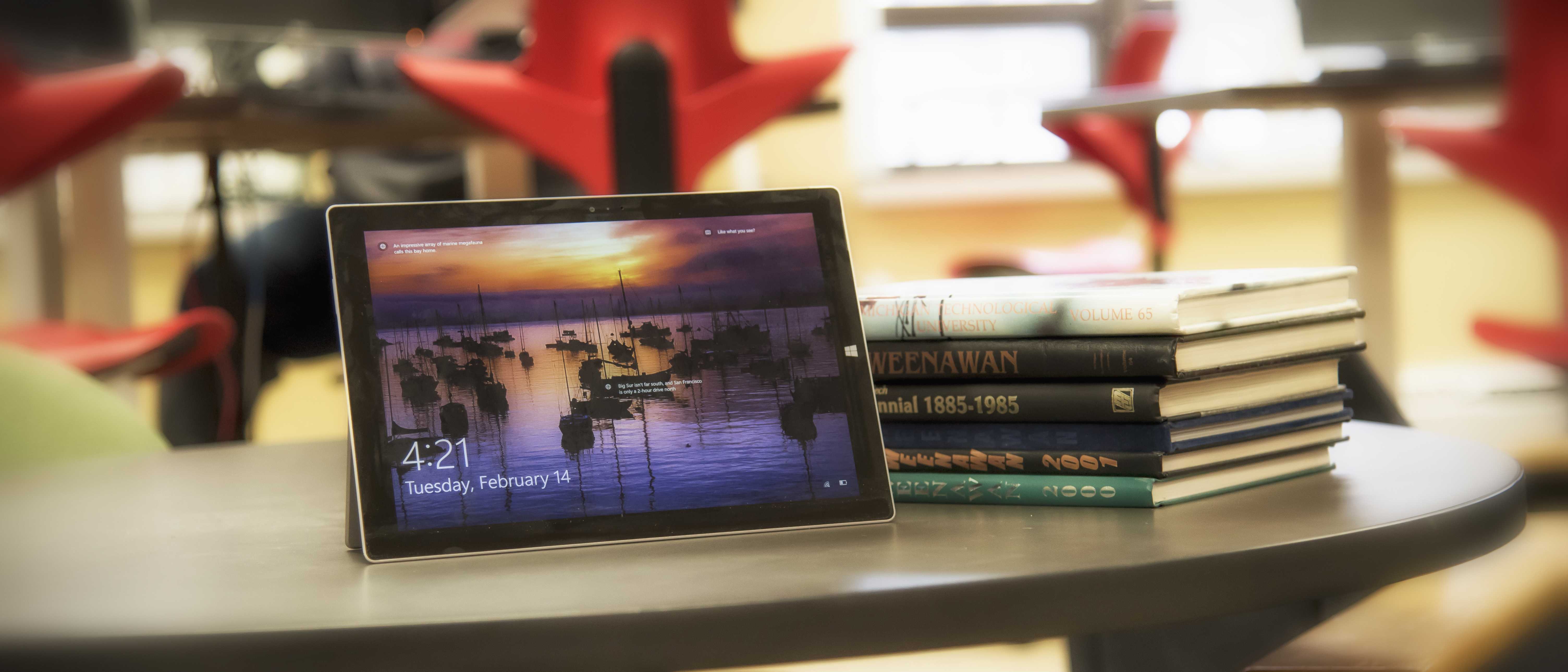Over the years, technology has improved drastically and continues to grow at a fast pace. We had desktops, then laptops, then phones, and now tablets. The way we look at the world has changed. The internet has changed our lives. It is no surprise that technology has overwhelmed the education system. E-learning is today’s way of educating schoolchildren. The use of tablets for academics has increased in abundance over the last couple of years.
Tablets are easy to use. Learning through it is fun and it’s no doubt why it has attracted so many students. With advantages like huge storage capacity enabling storage of hundreds of books all inside a less-than-a-pound tech box, easy access to files, interactive learning methods, videos, quizzes and online study materials have proven to increase the logical understanding of the child.
Using tablets decreases the usage of paper thus saving the environment. Features like backlight for low-light reading, highlighter to mark a text or page without damaging the copy, easy keyword search and attached dictionary are not available with printed books. Accessing a link related to the content is so easy and reliable. Studies show that students in the U.S. who used the iPad to study mathematics scored 20 percent higher on standardized tests in comparison to those who learned with traditional textbooks. Seriously, learning is so much more intuitive and fun with them. But is this gadget really ready to replace our old friends – textbooks? I don’t think so. Tablets do more harm than good. It’s just that we are oblivious of its effects. It’s easy to get allured by its instinctive performing nature.
Overuse of tablets causes eye strain which leads to headaches. People who use mobile devices tend to have blurred vision and neck and shoulder pain. Considering that school kids use them, these gadgets are prone to breaking, having a software or hardware malfunction, getting hacked or being affected by a virus. It is possible that personal information may be stolen.
Tablets are costly and fixing it or buying a new one is not always affordable. Moreover, not all books are available in e-format. Also, online assignments and tests require a strong internet connection and financially weak parents cannot always afford that. Tablets have so many more distractions than classrooms. It’s easy for kids to get distracted and switch to some entertainment over the web. Students tend to have less focus and shorter attention spans. The shocking part is that tablets cause more harm to the environment than manufacturing books.
One tablet requires the extraction of 33 pounds of minerals, 79 gallons of water and 100 kilowatt hours of fossil fuels resulting in 66 pounds of carbon dioxide. In comparison, hardly 2 gallons of water is required to manufacture sheets of paper requiring only 2 kilowatt hours.
Unlike these tech products a book never freezes or crashes or goes short on power. For kids, it becomes altogether easy to cheat or give excuses of no power or failed software update, hardware breakage, etc. Kids below fourth or fifth grade are still new to the education system. Possessing tablets will decrease the importance of a teacher or an experienced professional among them. This will affect the systematic learning approach that is necessary in early years of education.
Above all, the feeling of holding a book, turning or folding a page, and highlighting a text is unmatched. I feel that to walk parallel with this tech savvy world, usage of tablets on an academic level is a boon, but there must be certain restrictions imposed on its usage. For example, tablets should be provided to students above eighth grade, these tablets should specifically be customized for school education only, equal emphasis should be on in-class and online exams and assignments and the sources of entertainment like gaming apps or websites should be blocked. A calculated approach between the technological and the traditional academia is the need of the hour.


